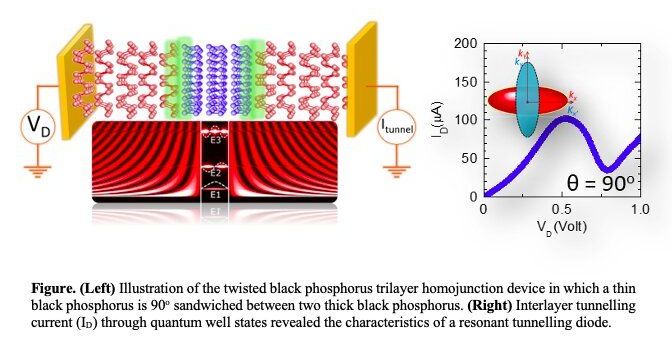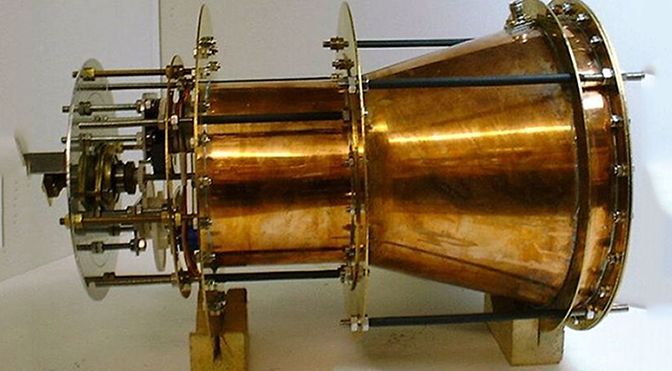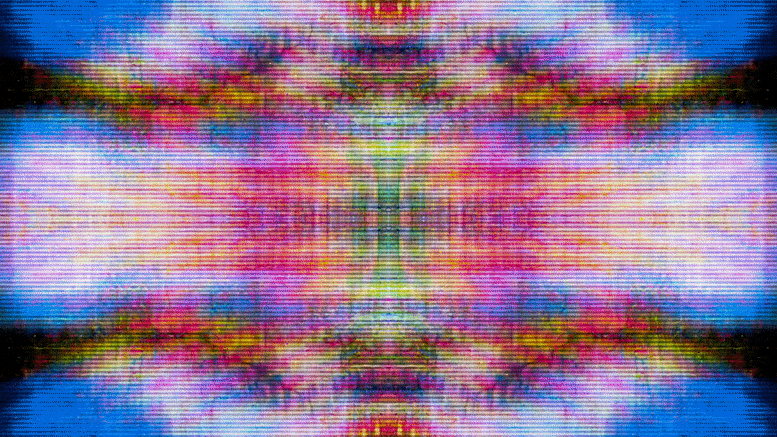A team of researchers at Shanghai Jiao Tong University, has found that the human hand can be used as a powerless infrared radiation (IR) source in multiple kinds of applications. In their paper published in Proceedings of the National Academy of Sciences, the group notes that the human hand naturally emits IR and they demonstrate that the radiation can be captured and used.
The human body emits light in the invisible IR range, including the hands. This source of radiation, the researchers noted, could potentially be captured and used in applications ranging from signal generation to encryption systems. They further noted that because the hand has multiple fingers, the IR that it emits could be considered to be multiplexed.
IR is a form of electromagnetic radiation —its wavelengths are longer than those of visible light, which is why humans cannot see them. Prior research has shown that the human body emits such radiation due to body heat. Electromagnetic radiation carries with it radiant energy, and its behavior is classified as both a quantum particle and a wave. Prior research has also shown that electromagnetic radiation can be used in a variety of applications, including microwaves, radios and medical imaging devices. And infrared light, in particular, enables night vision goggles, spectroscopy devices and medical devices used to treat burn victims. In this new effort, the researchers have found that the very small amount of IR emitted by the human hand is sufficient to use in various devices.









